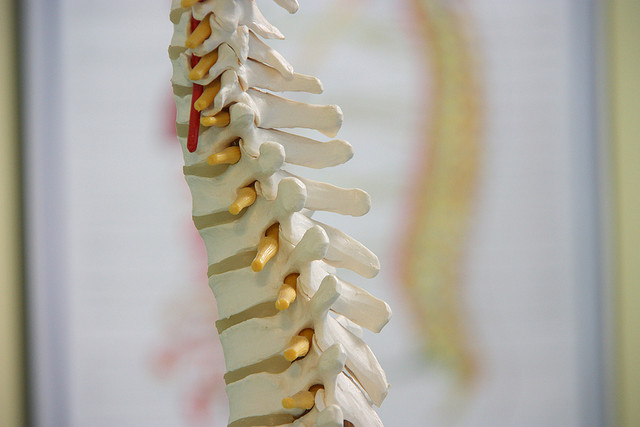
The Workforce is Suffering from Chronic Back Pain — It’s Time for a New Approach
While high-acuity options must remain for those that need stronger interventions, millions more could be benefiting from access to low-acuity or minimal interventions.

While high-acuity options must remain for those that need stronger interventions, millions more could be benefiting from access to low-acuity or minimal interventions.

Medical device maker Vertos Medical recently snagged $26 million in a Series C funding round. The company’s flagship product is a minimally invasive procedure that removes small pieces of bone and ligament that cause lumbar spinal stenosis.

Many patients see MSK as “just part of getting old,” taking Advil and Tylenol until it’s time for a hip replacement, but it doesn’t have to be that way. Physical therapy (PT) has long been shown to be as effective as back or knee surgery for common conditions.

Kiio CEO Lydia Zeller talks about the digital health company that guides users through personalized therapeutic programs through their smartphone or tablet to reduce and prevent back pain and joint pain.
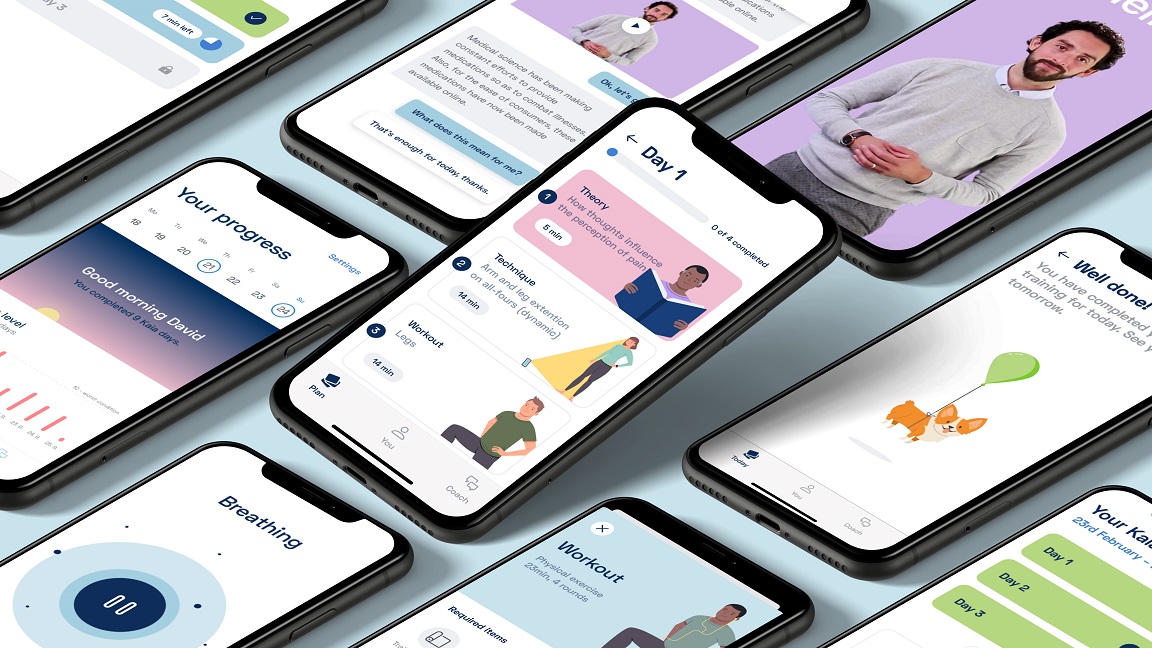
Kaia Health, a startup making an app to help users manage back pain, touted the results of a large, randomized controlled trial using its app. The company currently markets its system to employers, but hopes to make it available as a covered benefit in the future.

Kaia Health, a New York-based startup providing virtual care for COPD and musculoskeletal conditions, raised $26 million in series B funding.

In a landscape where complexity has long been the norm, the power of one lies not just in unification, but in intelligence and automation.
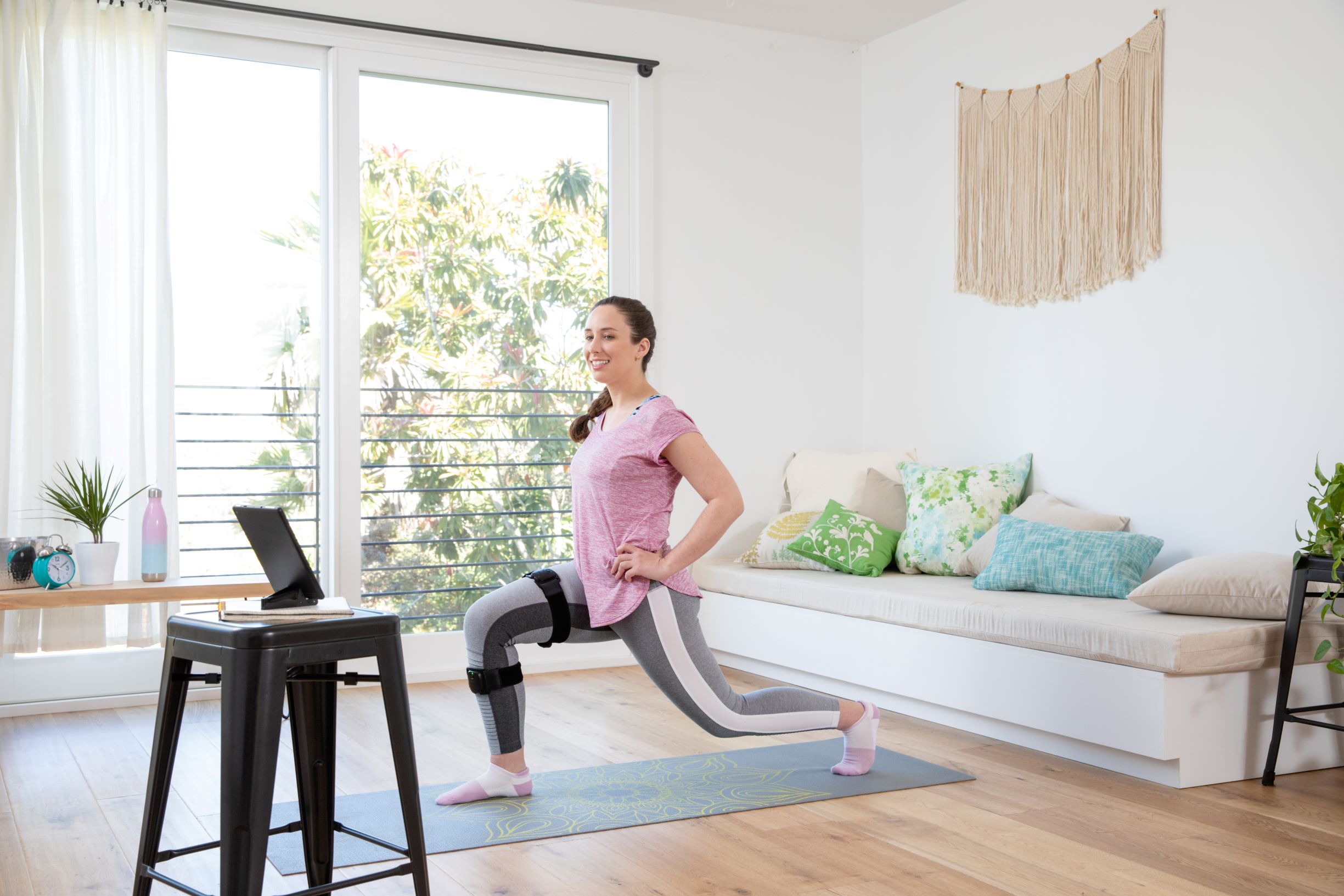
Digital health startup raised a $90 million funding round led by Bessemer Venture Partners. The company builds software tools to help patients with joint and back pain.
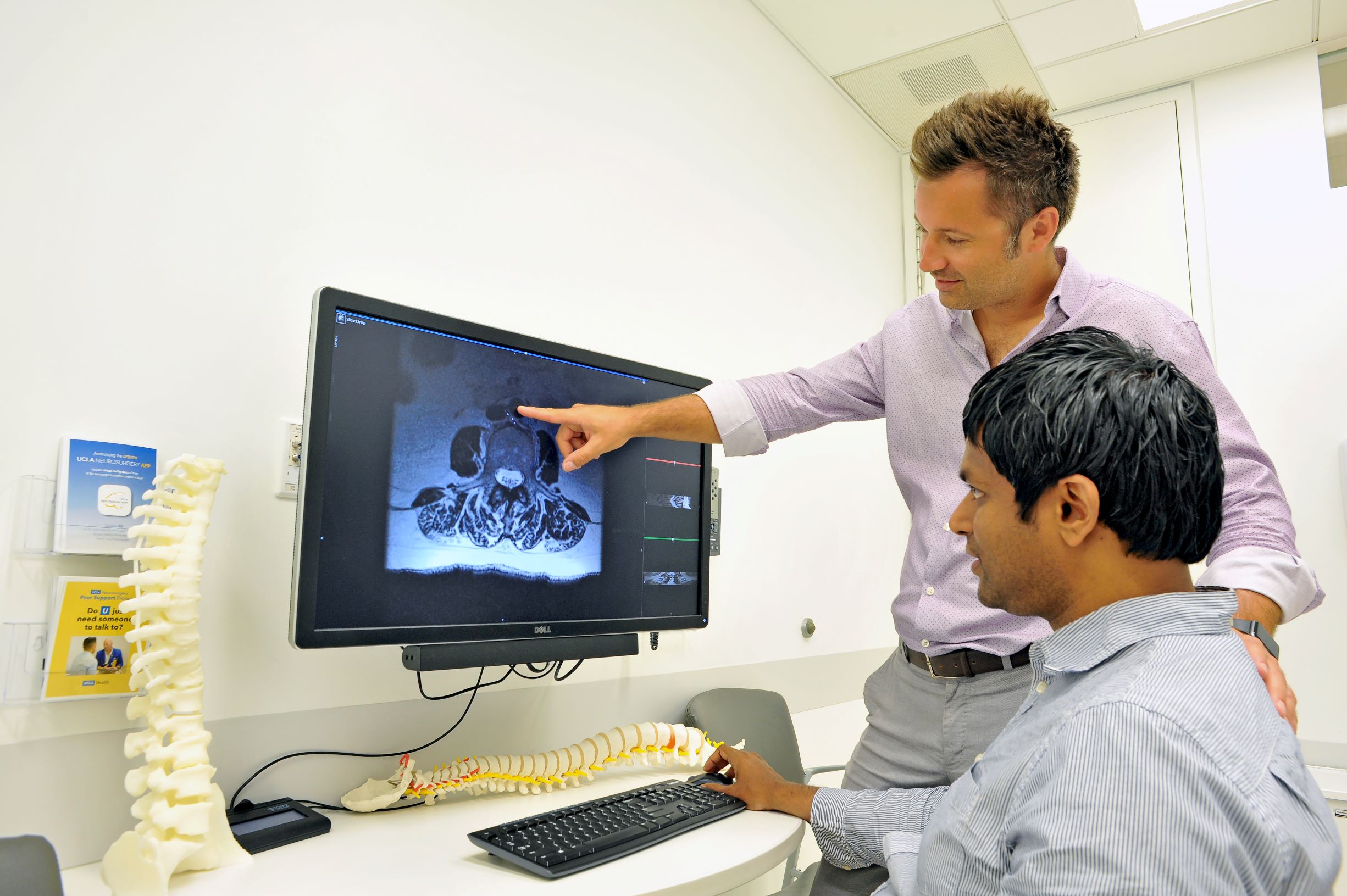
Newly formed Theseus AI plans to reduce unnecessary back surgery referrals by providing more objective MRI data to physicians.

Based in San Francisco, Hinge Health provides a digital solution aimed at helping patients with musculoskeletal pain.
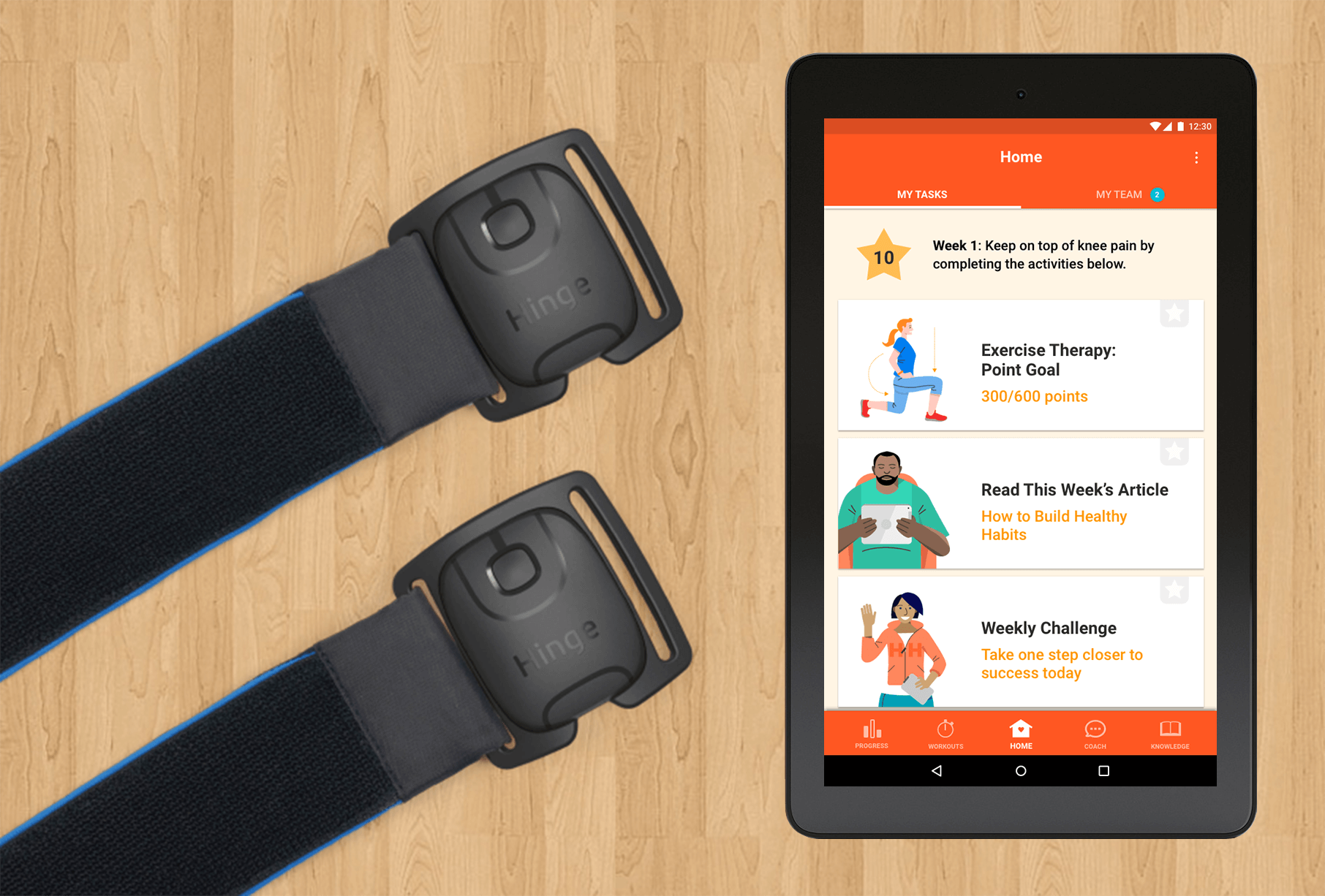
The startup will use the money from Insight Venture Partners and Atomico for R&D, to further expand its reach in the MSK field and to grow its commercial team.

The new funding will be used to add staff and product development to expand its program for chronic lower back and knee pain and to add treatment programs for hip, shoulder, and neck pain.